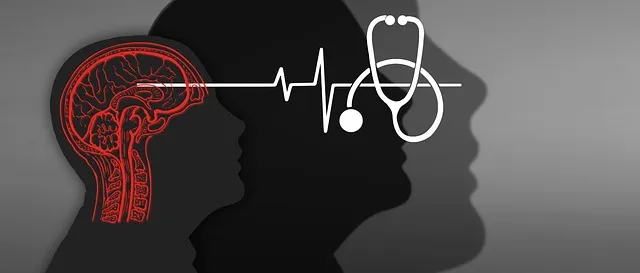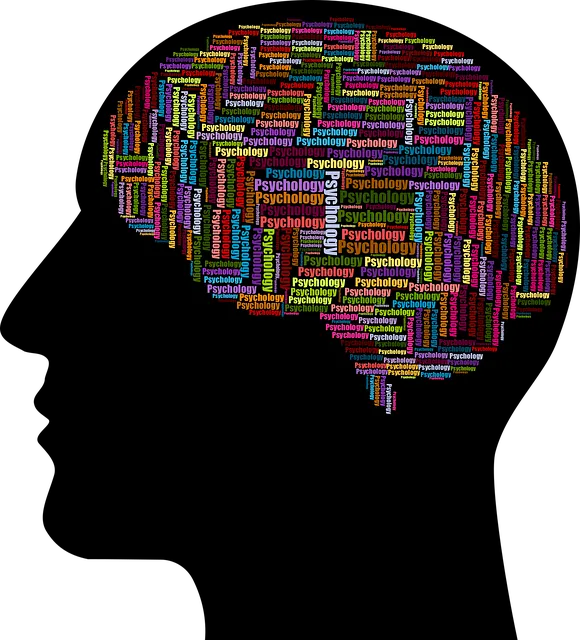Northglenn Kaiser Permanente offers comprehensive mental health services prioritizing proactive measures and empowerment, focusing on prevention, self-care, and community outreach. Their coaching models integrate evidence-based practices like Mood Management and Positive Thinking for personalized goals. By combining professional assessment with tailored coaching, they bridge the gap to specialized therapy and increase public awareness of mental wellness. Success is measured through clear goals, regular check-ins, and continuity of care, empowering individuals with self-care practices for lifelong mental health management.
In today’s fast-paced world, mental wellness is a critical aspect of overall health. This article explores the development of Mental Wellness Coaching Programs, focusing on strategies that cater to the unique needs of individuals seeking support. We delve into designing effective coaching models, integrating services from Northglenn Kaiser Permanente (a renowned healthcare provider with a robust mental health service reach of over 100,000 patients), and providing practical guidance for coaches. By examining these key areas, we aim to enhance the accessibility and effectiveness of mental wellness coaching.
- Understanding the Need for Mental Wellness Coaching Programs
- Designing Effective Coaching Models and Curricula
- Integrating Northglenn Kaiser Permanente Mental Health Services into Coaching
- Strategies for Delivering Coaching Sessions and Building Relationships
- Measuring Success, Tracking Progress, and Ensuring Continuity of Care
Understanding the Need for Mental Wellness Coaching Programs

In today’s fast-paced world, mental wellness is a crucial aspect often overlooked amidst the hustle and bustle of daily life. This is where Northglenn Kaiser Permanente mental health services step in, addressing the growing need for accessible support. With a focus on proactive measures, these programs aim to empower individuals to take charge of their mental well-being. Depression prevention strategies are at the forefront, offering valuable tools for managing stress and fostering resilience.
The development of mental wellness coaching programs is a game-changer in the healthcare landscape. By integrating self-care practices into daily routines, these initiatives enable folks to navigate life’s challenges with greater ease. Moreover, community outreach program implementation plays a vital role, ensuring that support reaches diverse populations. This holistic approach not only enhances individual lives but also contributes to a vibrant and healthy community overall, as evidenced by the success of similar initiatives across the nation.
Designing Effective Coaching Models and Curricula

Designing Effective Coaching Models and Curricula for Mental Wellness is a meticulous process that requires tailoring approaches to diverse client needs. At Kaiser Permanente Northglenn, mental health services are renowned for their holistic focus. Coaches should develop curricula that integrate evidence-based practices like Mood Management techniques and Positive Thinking exercises. By combining these strategies with individualised goals, coaches can create engaging sessions that foster lasting improvements in mental wellness.
Curriculum design must also consider the evolving nature of mental health challenges. Incorporating flexible models that adapt to emerging trends and research ensures programs remain relevant and impactful. Whether focusing on stress management, building resilience, or cultivating mindfulness, the goal is to equip individuals with tools for lifelong mental wellness management.
Integrating Northglenn Kaiser Permanente Mental Health Services into Coaching

Integrating Northglenn Kaiser Permanente mental health services into coaching programs offers a unique opportunity to enhance the support available for individuals seeking improved mental wellness. With access to a dedicated mental health team, coaches can provide more comprehensive guidance, ensuring that clients receive professional support alongside personalized coaching. This integration allows for a holistic approach, where mental health professionals can assess and address underlying issues while coaches guide clients through goal-setting, motivation, and skill development.
The Northglenn Kaiser Permanente mental health services number acts as a crucial bridge between coaching and expert clinical care. By leveraging these services, coaches can refer clients to specialized therapists, psychologists, or psychiatrists when needed. This collaboration not only improves client outcomes but also increases public awareness campaigns development related to mental wellness, ensuring that those seeking support receive the best possible care within an integrated healthcare system.
Strategies for Delivering Coaching Sessions and Building Relationships

In delivering coaching sessions for mental wellness, a structured yet personalized approach is key. Coaches should employ active listening to understand clients’ unique needs and goals, adapting their techniques accordingly. This may involve incorporating Self-Awareness Exercises to help individuals process their thoughts and emotions effectively. Additionally, fostering an open and non-judgmental environment encourages clients to share openly, building trust crucial for meaningful progress.
Building strong relationships with clients is integral to the coaching process. Coaches can utilize techniques such as empathy and genuine interest to connect deeply with individuals. At Kaiser Permanente Northglenn’s mental health services number, professionals undergo Healthcare Provider Cultural Competency Training to ensure they respect diverse backgrounds and perspectives. This training equips them with skills to navigate complex conversations sensitively, further enhancing the therapeutic relationship and, ultimately, promoting Emotional Well-being Promotion Techniques.
Measuring Success, Tracking Progress, and Ensuring Continuity of Care

Measuring success and tracking progress are integral components of any mental wellness coaching program. To assess effectiveness, coaches should establish clear goals with clients, using metrics aligned with Northglenn Kaiser Permanente’s mental health services standards. Regular check-ins and assessments allow for real-time adjustments to ensure the tailored support meets individual needs. This continuous improvement approach tracks improvements in symptoms, self-care routine development, and overall well-being.
Ensuring continuity of care is crucial for sustained progress. Mentors can facilitate this by maintaining open communication channels, coordinating with relevant healthcare providers, and implementing community outreach program strategies to expand access to resources. By integrating mental health education programs designed to promote self-care practices, coaches empower individuals to manage their mental health effectively even beyond the coaching session.
Mental wellness coaching programs are evolving to meet the growing demand for accessible, personalized support. By integrating models that blend clinical expertise with holistic well-being practices, we can create impactful interventions like those offered by Northglenn Kaiser Permanente’s mental health services, reaching a wider audience. Effective curricula, relationship-focused delivery, and robust measurement strategies ensure these programs not only help individuals but also foster resilience and enhance overall community mental health. With continued innovation and collaboration, mental wellness coaching has the potential to become a game-changer in promoting well-being on a grand scale.






